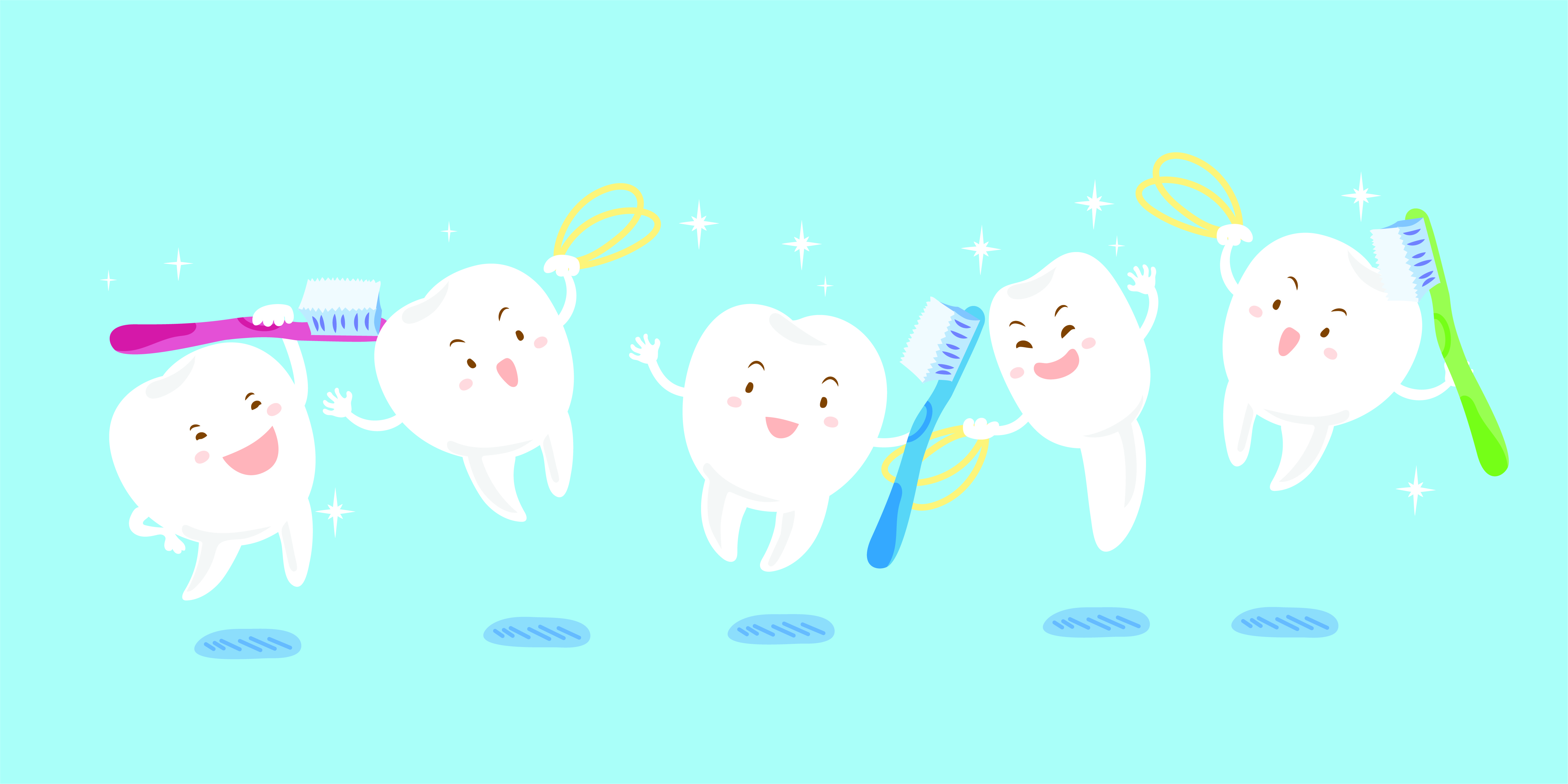by Jared Smith
Taking good care of your mouth, teeth and gums is a worthy goal in and of itself. Good oral and dental hygiene can help prevent bad breath, tooth decay and gum disease—and can help you keep your teeth as you get older. Your oral health is more important than you might realize. Here are some tips for protecting your oral health.
Brush twice a day. There really is no better way to rid yourself of that thin film of dental plaque that makes a nest on teeth over the course of the day. While some people believe that using mouthwash alone may be enough, the reality is that mouthwash has been shown to slow and prevent the buildup of plaque on teeth, but is not effective at removing plaque that has already formed on teeth. To accomplish this, you must brush your teeth and use good form. The best way to brush your teeth is to hold it at a 45-degree angle, pointed down at the gum line and to use a combination of short, back and forth strokes and gentle circular motions. In addition, you should strive to avoid being overly aggressive when brushing as this can erode your gum line and lead to tooth damage. In case you’re curious, manual brushing, if done properly, should do the trick. Electric toothbrushes, however, have been shown to be more efficient at plaque removal.
Scrape your tongue. In addition to brushing your teeth, you should also brush or scrape your tongue with a plastic tongue scraper. It just so happens that your tongue, like your teeth, can become a hotbed for foul-smelling bacteria to nest overnight if not properly removed before retiring to bed. Using a tongue scraper will both assist in the prevention of bad breath and help restore the appearance of your tongue to its natural pink state.
Floss your teeth and gums. While brushing teeth and scraping tongue may rid the mouth of most bacterial buildup, the area between the teeth and gum line also serves as a safe haven for bacteria to nest and should be cleared out daily with dental floss. In fact, you should treat flossing just as important a daily activity as brushing—because it is. This is because, in addition to removing plaque while it is still soft, flossing also serves to stimulate the gums and help lower inflammation. Flossing once per day is usually sufficient, assuming you are not prone to tartar buildup or gum disease.
Avoid using mouthwash with alcohol at night. Mouthwash has generally been proven effective at slowing and preventing bacterial growth, but not all mouthwash is created equal and it is important to understand when it is best used. Generically put, there are two types of mouthwash: mouthwash with alcohol and mouthwash without. Contrary to popular belief, alcohol is added to mouthwash not to destroy bacteria, but to act as a carrier agent for its active ingredients to better penetrate plaque. The problem with using a mouthwash that contains alcohol as part of your bedtime routine is that it has the potential to cause a drying effect on your mouth, which in turn, encourages the build-up of bad breath bacteria overnight. Using mouthwash during the day and especially in between brushing sessions has proven effective with little to no side effects.
Stay away from sugar. Think of sugar as an accelerant. Just as gasoline will cause a fire to rage out of control when tossed on it, so too will sugar cause bacteria and acidity to grow rapidly in your mouth. In fact, it is estimated that teeth are subject to twenty (20) minutes of acid production each time sugar is inserted into your mouth. This includes sugary treats like ice cream, sugar added to coffee, soft drinks and chewing gum laced with sugar. In some instances, if you are not careful, you could subject your mouth to an increased level of bacteria and acid production for the entirety of the day with little effort.
See a dentist. Even the most committed brushers, scrapers, flossers and swishers need to visit a dentist regularly. At a minimum, it is recommended that you see your dentist twice per year to remove tartar and check for cavities and any other latent issue that may be present in your mouth. Follow these tips and you will be well on your way to a clean and healthy mouth.
Maintaining good dental hygiene is vital to living a positive, healthy life. Taking charge of your health can be very empowering and provides you with peace of mind. As is the case with all medical treatment, preventative care can save you time, money and stress.








Leave A Comment